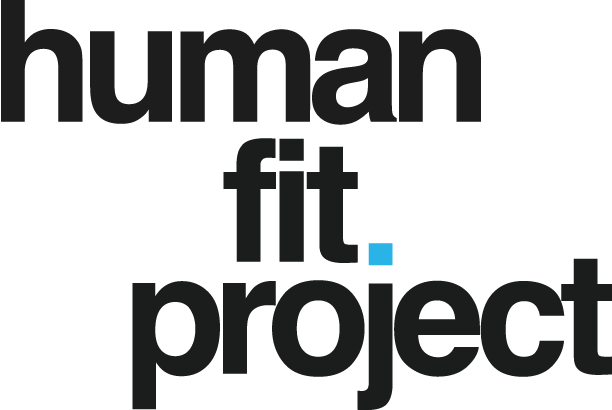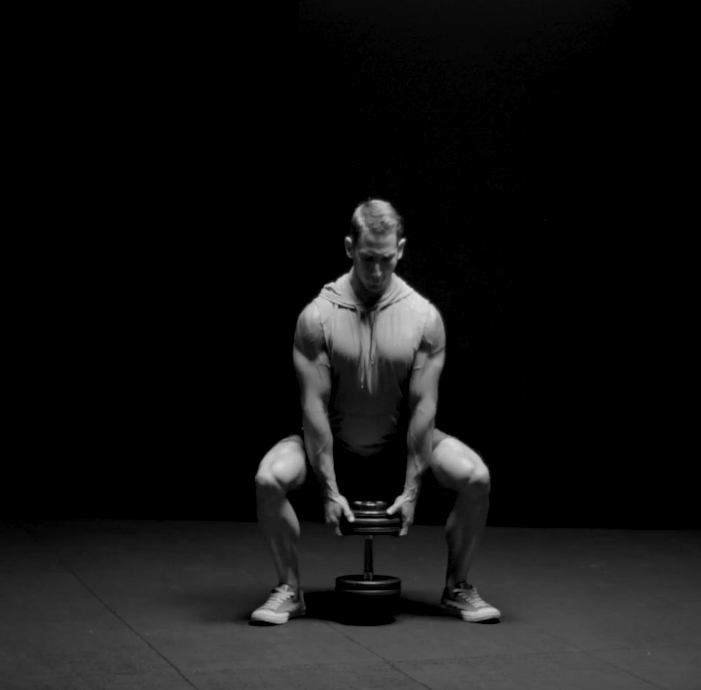My diet is simple. It’s been the same cycle of foods for the last however many years it’s been at this point. Five to seven meals per day. Various sources of protein are the base to every meal, carbohydrates in the mornings and after workouts, and fats typically joined up with proteins when there are no carbohydrates present. (I have a theory on the fat+carb combination, but that’s for a later blog post)
This basic formula has worked for me.
I’m 5’11, about 165-175 pounds. I’ve been as low as 4% body fat, but not really much higher than 9%. If I’m looking for mass, I slightly bump up the carbs and fats. If I’m looking to aggressive cut, the carbs go down. And when I say “slightly bump up”, I mean 1 cup of oats vs. 1/2 cup. And 2 tablespoons of PB vs. 1 tablespoon. Or one small 100 calorie pack of pistachios vs. zero pistachios. I only make small changes. (I cheat, but very, very rarely—another blog on that…)
The amazing thing about honing your diet and maintaining low body fat over several years is that you can see noticeable differences in short periods of time and with small changes. As soon as I bump up those macronutrients, I can see it. More specifically, in the short term, my muscles are “fuller” but eventually, if I keep up the extra macros, that becomes the new norm for my body and I start to carry slightly more noticeable body fat. It’s also important to note that these body changes occur while my training remains the same. If I boost cardio a bit, I won’t see much of a change. If I do less, sometimes I’ll gain even more muscle, but along with a bit more fat.
Now, onto the point of this post: weekend fasts.
If I have had a week or two where total calories have been increased, I like to experiment with fasts and couple them with extended training sessions. Maybe it’s a bit masochistic, or more of a mental trick, but I can’t quite discredit the results that it’s brought me over the years.
How it started
During my early 20s, I would have a few drinks on occasion. Never frequently, maybe once every two weeks, but if I did, I had a few rules. Before touching a drink, I needed to workout, and the workout would be more intense than what I normally did. This could mean extra sets with extra exercises, or an additional cardio component. I’d also would consume minimal to no carbs and low fat on the drinking day. Water consumption is increased 2x. Same rule followed for the next day, but normal dieting habits would be allowed after the workout.
How it works now
I don’t drink much these days, if at any at all, but I have elevated carb weeks when I’m training hard, feel more sore than norm, or are trying to add a little more mass before a video shoot. On a weekend that I have off from work, I won’t eat anything after 8PM on Saturday night. The next morning, I’ll wake up and hit the gym in a fasted-state, at say, 8AM. My workouts for this are broken into three compartments for that day: the first is weight lifting session. It may be an assortment of exercises to hit the entire body, or a split between two larger muscle groups; chest and legs or back and chest. The volume is high. Anywhere between 7-10 exercises for 5 sets or so. The second section focuses on a mini circuit with body weight exercises or ab-specific exercises. An example of this may be 200 push ups and 100 pull ups as quickly as possible. Or three ab exercises done for 5 sets without resting. The third part is cardio and may begin around 1030AM at this point. In the summer months it may be 1.25 mile run followed by a .5 mile swim, followed by another 1.25 mile swim. Sometimes a bike ride for anywhere between 3-15 miles is worked in too. At this point I’m pretty tired and depleted. My body has no idea what is going on and hunger is in full effect. It’s now around 1130AM and I’ll consume some form of protein whether it be a shake, eggs, chicken, etc. However, no carbs or fat are present. (Any nutritionists, dietitians, bodybuilders, and strength coaches reading this would probably be shaking their heads imagining how much my body is going into a complete catabolic, muscle-loss state.)
*Another time I like to do this is during super-long surf sessions when the waves are junk and I’m looking at the sessions as simply 3+ hours of low-intensity, steady-state cardio. I wouldn’t do this when trying to perform at a high level in the water.
Finally, another 3 hours later (around 230PM) I’ll get back to somewhat of my normal diet: protein, carbs, and some type of greens. Fats still won’t be introduced until later. And when they are introduced, there won’t be any carbs to go along with it. The next day, I’m back to normal.
Short-term and longer-term effects
In the short-term, I admit, I don’t feel entirely fantastic, and don’t immediately drop 2 body fat percentage points, I see this is as short term executions with long-term assistance. In the longer term, I feel it’s helped keep body fat down. There have been months where I’d skipped the fasted half days and workouts, and don’t nearly feel (and look) like I’m as lean. But I also see it as a mental challenge and forces the body to perform and work with less “resources” to help it.
For questions, give me a follow on Instagram (@mike_simone), on Twitter (@Mike_Simone_), and on Facebook (Facebook.com/MikeSimoneHFP)

